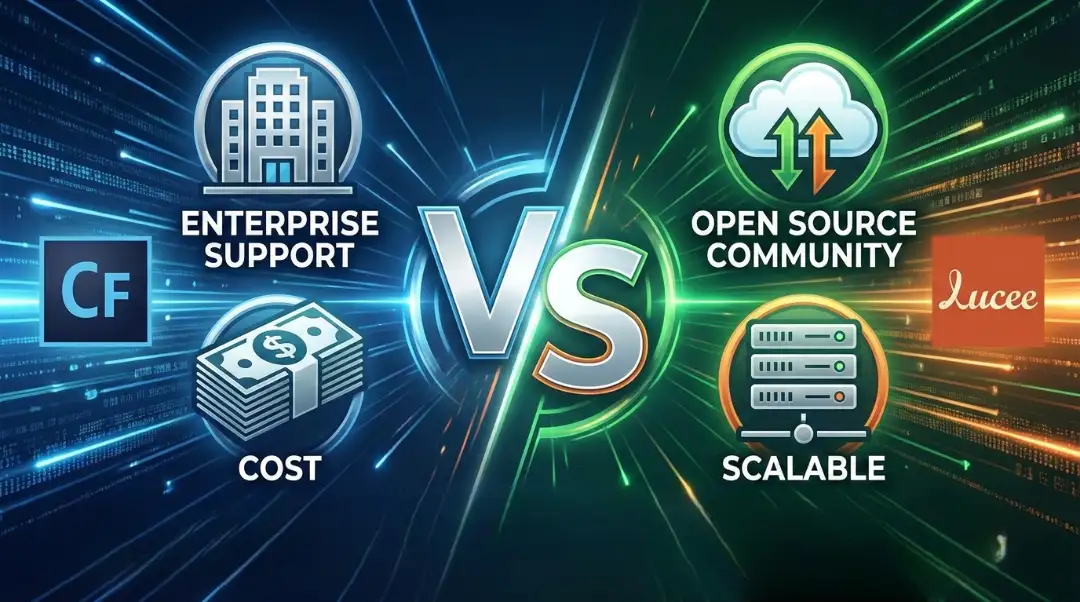How Blockchain Technology is Revolutionizing Businesses Across Industries
Published by: Abhinav K VDec 03, 2024Blog
Blockchain is a revolutionary technology that has the potential to transform many industries and sectors. It is a distributed, decentralized, and immutable ledger that can record transactions between two parties in a secure and transparent way. In essence, blockchain is a continuously growing list of records, called blocks, which are linked and secured using cryptography. Each block contains a cryptographic hash of the previous block, a timestamp, and transaction data. This structure makes it incredibly difficult to tamper with or alter data on the blockchain, ensuring its integrity and authenticity.
The decentralized nature of blockchain eliminates the need for a central authority, promoting trust and accountability among users. Transactions on the blockchain are recorded on multiple computers, making it virtually impossible for hackers to compromise the entire system. Blockchain technology is still in its early stages of development, but it has the potential to revolutionize a wide range of industries, including finance, supply chain management, healthcare, and education and more.
The Building Blocks of Blockchain: Decentralization and Security
Blockchain technology is based on two fundamental principles: decentralization and security. Decentralization means that data is not stored in a single location, but rather distributed across a network of computers. This eliminates the risk of a single point of failure and makes it virtually impossible for hackers to compromise the entire system.
Security is another key aspect of blockchain technology. Each block in the blockchain contains a cryptographic hash of the previous block, creating an immutable chain of data. This makes it extremely difficult to tamper with or alter data on the blockchain, ensuring the integrity and authenticity of transactions.
The Advantages of Blockchain: Empowering Businesses
Transparency and Traceability for Improved Accountability
Blockchain provides a transparent and traceable record of all transactions, creating a complete audit trail. This enhances accountability, reduces corruption, and facilitates compliance with regulations. Businesses can track the movement of goods and services throughout their supply chains, ensuring authenticity and reducing the risk of fraud. In the financial sector, blockchain enables secure and transparent transactions, reducing processing times and minimizing the potential for errors.
New Business Models and Opportunities for Growth
Blockchain empowers the creation of decentralized applications (dApps) and decentralized autonomous organizations (DAOs), opening up new business models and opportunities for growth. These innovative applications leverage blockchain's unique characteristics to disrupt traditional industries and create value in novel ways. For example, in the entertainment industry, blockchain can be used to track digital rights, protect intellectual property, and facilitate peer-to-peer micro-payments.
Real-World Applications of Blockchain Across Industries
Blockchain technology has the potential to revolutionize various industries by offering enhanced security, transparency, and efficiency. Blockchain technology has a wide range of applications across various industries, including:
- Supply Chain Management- Blockchain can be used to track the movement of goods and ensure product authenticity throughout the supply chain. This can help prevent counterfeiting and improve product quality control.
- Financial Services- Blockchain can be used to streamline financial transactions, reduce costs, and improve security. It can be applied to areas such as cross-border payments, trade finance, and digital asset management.
- Legal Services- Blockchain technology can streamline legal processes by providing a secure and transparent platform for contract management, intellectual property protection, and dispute resolution. Smart contracts can automate the execution of legal agreements, reducing the risk of human error and ensuring compliance with legal requirements.
- Healthcare- Blockchain can be used to secure patient records, improve data interoperability, and facilitate research collaboration. It can also be used to track the supply chain of pharmaceuticals and medical devices.
- Education- Blockchain technology can enhance the security and integrity of educational credentials by creating tamper-proof records of academic achievements. By storing certificates, diplomas, and transcripts on the blockchain, students can securely share their credentials with employers and educational institutions.
Challenges of Blockchain Application Implementation
Despite the transformative potential of blockchain technology, its implementation faces several challenges:
- Cost and Complexity: Implementing blockchain solutions can be expensive and complex, especially for large-scale applications. The cost of developing, deploying, and maintaining blockchain networks can be significant, and the technology requires specialized expertise to implement effectively.
- Scalability: Blockchain networks can face scalability issues as the number of transactions increases. The decentralized nature of blockchain means that every node in the network must process every transaction, which can lead to slow transaction times and high fees during periods of high network usage.
- Interoperability: Different blockchain platforms may not be interoperable, making it difficult to share data and collaborate across networks. Each blockchain platform has its own unique set of protocols and standards, which can create barriers to interoperability.
The Future is Blockchain-Powered, Are You Ready To Join the Race?
Blockchain technology is a transformative force that is driving business success across industries. By enhancing security, improving efficiency, and creating new business models and opportunities, blockchain empowers businesses to gain a competitive edge, reduce costs, and unlock new sources of revenue. As blockchain technology continues to evolve, we can expect even more innovative applications and benefits that will drive business success in the years to come. The potential of blockchain is vast, and businesses that embrace this transformative technology early on are poised to thrive in the evolving landscape of the digital economy. If you have any doubts about blockchain technology, we encourage you to consult with our experts in the field.



 AI-Powered MVP Development: Sm....
AI-Powered MVP Development: Sm....
 Build Your MVP Faster: AI Tool....
Build Your MVP Faster: AI Tool....
 ColdFusion to Lucee Migration ....
ColdFusion to Lucee Migration ....
 ColdFusion vs Lucee: Which Is ....
ColdFusion vs Lucee: Which Is ....
 Is ColdFusion Still Relevant i....
Is ColdFusion Still Relevant i....



Your Trusted Software Development Company